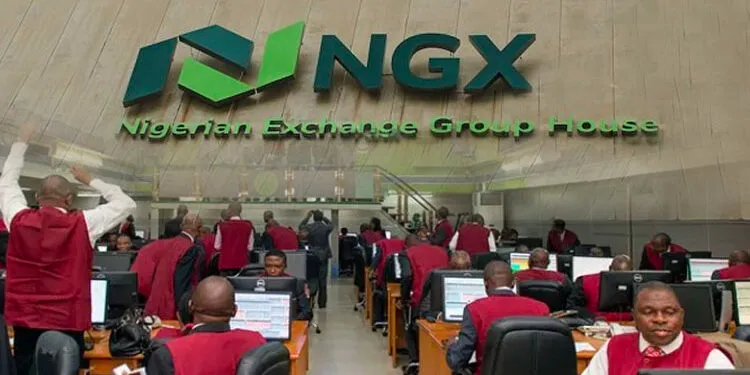The Federal Government has been urged by the Tertiary Education Trust Fund to raise the education tax from its current level of 2.5% to 3%.
According to Nairametrics, on announcing the disbursement of N320 billion to public universities, polytechnics, and colleges of education as authorized by President Muhammadu Buhari for 2023, TETFund Executive Secretary, Mr. Sonny Echono made the call.
Although he praised the president for approving a rise in the education tax from 2% to 2.5% in 2021, he claimed that a rise to 3% would support the yearly payments to tertiary institutions.
The situation of Nigerian tertiary education has greatly improved under the Buhari government, according to Echono, who was speaking at the Annual Strategy Planning Workshop for Heads of Beneficiary Institutions on Wednesday in Abuja.
He said that TETFund’s collections fell from N257 billion in 2020 to 189 billion in 2022, a 30% decrease. He pointed out that the industry would reach N320 billion in 2023 thanks to the efforts of important players.
Echono noted that in the previous eight years, the new administration has invested more money in academic institutions.
“As of today, N1.702 trillion, up from N1.249 trillion, has been distributed as education tax collection to public universities, polytechnics, and colleges of education compared to N1.249 trillion disbursed from the inception of the Fund in 1993 to 2014.”
“I am happy to inform you that the 2023 distribution criteria have been approved by the President for a total of N320,345,040, 835.
“Based on this, each university shall get a total of N1,154,732,133.00 for the 2023 intervention cycle. This consists of a direct annual distribution of N954,732,123.00 and a zonal intervention of N200,000,000.00.
He stated that in the same vein, each Polytechnic will get N699,344,867.00, which will be made up of N569,344,807.00 in annual direct disbursements and N130,000,000 in zonal interventions. A total of N800,862,602 will be given to each college of education, including N670,862,602 in direct annual disbursements and N130 million in zonal intervention.”
The executive secretary added that the figure reflected the greatest distribution to each beneficiary institution since the Fund’s inception. He was pleased with the outstanding outcome and attributed it to ongoing efforts to improve the effectiveness of the education tax’s collection.
Echono claimed that the minister of education, Mallam Adamu Adamu, and the minister of finance, Ms. Zainab Ahmed, had worked hard to make this possible.
“Distinguished heads of institutions, 2023 continues to be a promising year with significant progress in the collection of education taxes, exactly like the previous year. Today, as we deliver the allocation letters for the year 2023, I’m happy to let you know that we’ve honored our promise to consistently enhance our operations and cut costs,” he said.
Every Nigerian business is subject to the tertiary education tax, which is levied at a rate of 2.5% of the assessable profit for each year of assessment. After receipt of an assessment notification from the FIRS, the tax is due within two months.








